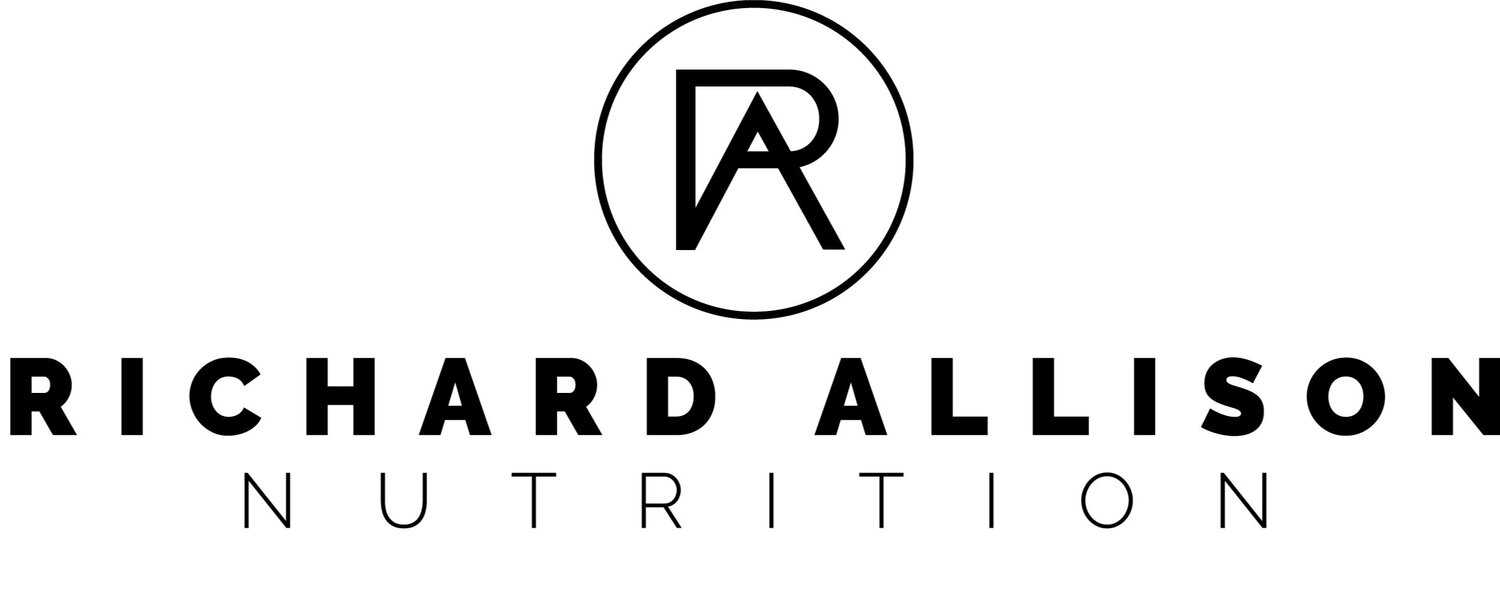Why You Don’t Need a New Year’s Resolution to Improve Your Health — You Need a Plan
As we usher in the New Year, many will commit to improving their health through resolutions. While this tradition is well-intentioned, it is frequently met with scepticism. The popular “new year, new me” mantra has become fodder for memes and satire, with good reason: the majority of resolutions fail. Indeed, a mere 31% of Britons adhered to their resolutions in 2023. Given such statistics, it is hardly surprising that New Year’s resolutions are the subject of ridicule. Yet, the endeavour to enhance one’s health should be celebrated, as health remains one of our most vital assets. The challenge lies not in the aspiration but in the execution. Unrealistic goals and an overzealous start often lead to inevitable abandonment.
Define Your “Why”
The foundation of any successful health plan is clarity of purpose. Why do you want to lose weight, improve fitness, or adopt a healthier diet? Defining this motivation will sustain you through challenging moments, without a compelling “why,” the temptation to quit will outweigh the commitment to persevere.
Equally important is rejecting the notion of perfection. A single misstep, such as indulging in a drink on a special occasion despite resolving to abstain from alcohol, is not a failure. Long-term benefits accrue from sustained reduction, not unbroken streaks. Similarly, setbacks in fitness goals—whether missing a week of training or facing a plateau in weight loss—should not derail the journey. The principle is simple: consistency over time yields results.
The Importance of a Realistic Plan
Having a plan significantly increases the likelihood of success. Inspirational figures such as David Goggins advocate an unyielding commitment to discipline, rain or shine, illness or injury. While admirable, such rigidity is not feasible for most people. Evidence suggests that engaging in tasks we find challenging can enhance the anterior midcingulate cortex (aMCC), bolstering resilience and tenacity. However, mental toughness is best cultivated gradually, not through unsustainable extremes.
A realistic yet challenging plan is essential. For a sedentary individual, aiming to hit the gym six times a week or train for a marathon may be overly ambitious. Generally speaking, no one ever regrets a workout. Injured? Do what you can. A lower-limb injury? Train your upper body, or vice versa. Brand new to exercise? Start with walking. The 10,000-step rule often receives criticism, but if you are sedentary, this may be a great place to start.
Instead, starting with achievable goals—such as completing a Couch to 5K programme or visiting the gym twice weekly—provides a solid foundation. Life will inevitably disrupt plans; the key is to adapt and continue. Once an initial routine becomes habitual, the plan can evolve to incorporate greater challenges. Building consistency transforms activities into non-negotiable habits, whether that means taking a short walk, engaging in light exercise, or modifying routines around injuries.
For those intimidated by gyms, it is worth noting that modern gym culture increasingly celebrates beginners. Most gym-goers are focused on personal improvement, whether chasing a personal best or refining their form. Resistance training and cardiovascular fitness are critical for quality of life, but the best exercise is the one you enjoy. Whether it’s tennis, Brazilian Jiu-Jitsu, or dance, enjoyment boosts adherence. Finding a supportive community, such as a running club or a group fitness class, can further enhance accountability and motivation.
Diets: Balance Over Extremes
Improving one’s diet remains a perennial favourite for New Year’s resolutions, often influenced by campaigns like Veganuary. However, extreme diets and unrealistic weight targets frequently lead to failure. Yo-yo dieting is disheartening, can be metabolically altering, and often results in people regaining weight above where they started. Instead, a sustainable approach is paramount. A diet should be something you can envision following for years, not weeks. Avoid eliminating entire food groups unless medically necessary; balance is key.
There is no one-size-fits-all approach to improving your diet and weight loss. Dietary needs vary based on individual lifestyles. For instance, physically active individuals require more carbohydrates than those with sedentary routines. Diets like carnivore or veganism can work, but each has its challenges. High-protein diets may lack fibre, while plant-based diets require careful planning to meet protein needs. Regardless of dietary preference, the focus should be on nutrient density and variety to ensure adequate micronutrient intake. Adhering to a plan 80% of the time is both practical and effective.
Weight Loss Medication: Not a Panacea
The rise of weight-loss medications such as semaglutide (marketed as Ozempic and Wegovy) has sparked widespread interest. Originally developed to treat type 2 diabetes, these GLP-1 receptor agonists suppress appetite, slow gastric emptying, and improve glycaemic control. While they can be effective, they are not without drawbacks. Side effects include potential loss of muscle and bone mass, underscoring the importance of resistance training and nutrient-dense diets. Additionally, such medications must be paired with sustainable habits to ensure long-term success. Without lifestyle changes, weight regain is likely once the medication is discontinued.
The Overlooked Pillar: Sleep
Among all health interventions, sleep is arguably the most undervalued. Despite its profound impact on physical and mental health, many fail to prioritise it. Sleep is the body’s primary recovery mechanism, regulating metabolic, hormonal, and cellular processes. Chronic sleep deprivation exacerbates inflammation, disrupts hormonal balance, and impairs cardiovascular health. Prioritising consistent, high-quality sleep is foundational for any health plan and may be the most beneficial of New Year’s resolutions.
Simple Steps to Start
For those embarking on a health journey or returning after a hiatus, small, actionable goals can yield significant dividends. Consider the following:
Prioritise sleep: Aim for 7–9 hours of quality rest per night.
Walk 10,000 steps daily: A practical target for increasing activity.
Stay hydrated: Include water and electrolytes throughout the day.
Focus on whole foods: Minimise processed options.
Engage in enjoyable physical activity: Start with once weekly.
Supplement as needed: Consider vitamin D, especially during winter months.
Consistency Over Perfection
Ultimately, the secret to improving health lies not in grand resolutions but in thoughtful, incremental planning. Small, consistent actions compound over time, delivering lasting results. If you’re ready to invest in your long-term health, don’t hesitate to seek guidance or accountability—it could be the difference between fleeting intentions and enduring success.
If you would like the opportunity to improve your health over the next four months, you could feel like a new person by the end of April. Send me an email or DM if you are interested in improving your long-term health.


